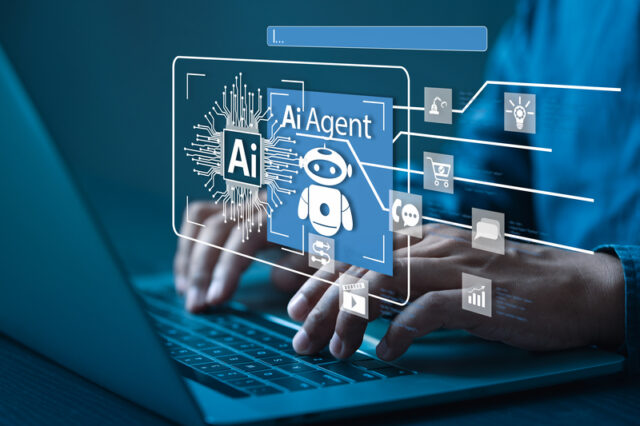Agentic AI set to reach mass adoption in 2026

A new survey of global technology leaders across Brazil, China, India, Japan, the UK and US suggests that agentic AI will reach mass or near-mass adoption by consumers in 2026.
The study by IEEE shows top uses are likely to be personal assistant/scheduler/family calendar manager (52 percent), data privacy manager (45 percent), health monitor (41 percent), errand and chore automator (41 percent) and news and information curator (36 percent).
In addition, 91 percent agree the use of agentic AI to analyze greater amounts of data will grow in 2026, spurring a data analyst hiring boom to analyze the accuracy of results, transparency and vulnerabilities. Of the top skills likely to be sought 44 percent cite AI ethical practices skills (up nine percent from the previous year), 38 percent name data analysis skills (up four percent), and 34 percent machine learning skills (up six percent).
Robotics is also a top area of technology over half (52 percent) of technologists think will be influenced by AI in 2026. Other areas influenced by AI in 2026 will include extended reality (XR), including augmented, virtual and mixed reality (36 percent); and autonomous vehicles (35 percent). Meanwhile, the top industries expected to experience the greatest transformation from AI next year will be software (52 percent); banking and financial services (42 percent); healthcare (37 percent) and automotive and transportation (32 percent).
For businesses the top uses for AI applications technology that leaders expect in 2026 include:
real-time cybersecurity vulnerability identification and attack prevention (47 percent), aiding and/or accelerating software development (39 percent), increasing supply chain and warehouse automation efficiencies (35 percent), automating customer service (32 percent), powering educational activities such as customizing learning, intelligent tutoring systems, university chatbots (29 percent), accelerating disease mapping and drug discovery (23 percent), and automating and/or stabilizing utility power sources (22 percent).
More than half of those surveyed (51 percent) think 26-50 percent of jobs across the global economy will be augmented by AI software in 2026. However, 49 percent think it will take five to seven years to build out the global data center infrastructure required to meet growing AI development and demand. A third are more optimistic and think it will happen in three to four years, while 10 percent think it won't happen for eight to 10 years or more.
You can find out more about the study on the IEEE site.
Image credit: Wanan Yossingkum/Dreamstime.com
